Business Expenses: Definition with Examples
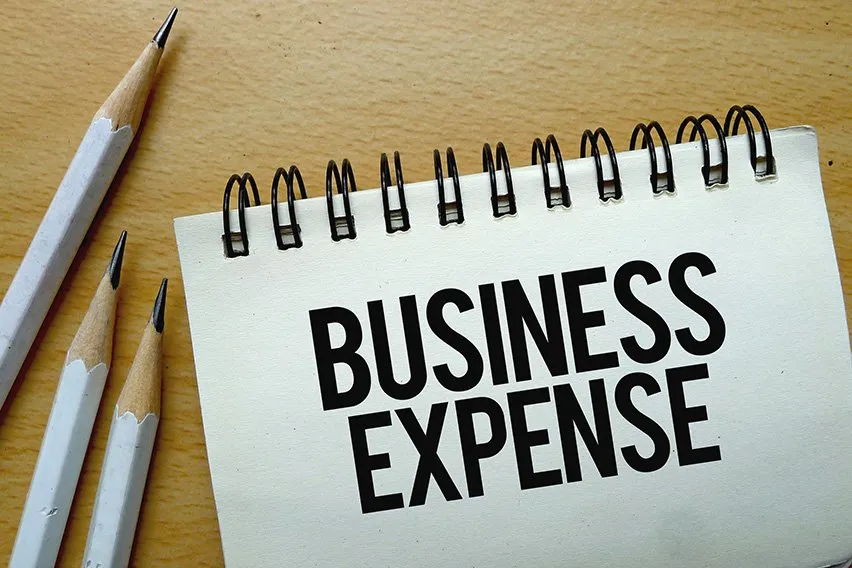
Business expenses are ordinary and necessary costs a business incurs in order for it to operate. Businesses need to track and categorize their expenditures because some business expenses can count as tax deductions. Deductible expenses reduce a business’s taxable income, which can result in significant cost savings.
Here’s What We’ll Cover:
- What Can You Write off as Business Expenses?
- Business Expenses Examples
- Can Business Expenses Be Carried Forward?
- Can I Deduct Personal Expenses for Business?
- Types of Business Expenses
- Tips for Tracking Business Expenses
NOTE: FreshBooks Support team members are not certified income tax or accounting professionals and cannot provide advice in these areas, outside of supporting questions about FreshBooks. If you need income tax advice please contact an accountant in your area.

What Can You Write off as Business Expenses?
Tax deductible business expenses are ones that are considered by the Internal Revenue Service (IRS) to be both “ordinary and necessary.”
Ordinary is defined by the IRS as “one that is common and accepted in your trade or business. A necessary expense is “one that is helpful and appropriate for your trade or business.”
Not all expenses a company incurs are tax deductible. Those that are may only qualify for a partial reduction. Some companies will need to ‘capitalize’ a business expense.
Capitalizing an expense refers to business assets that a business invests in to generate revenue, but is also one that will depreciate over a number of years (like a building or piece of equipment).
Capitalizing large business expenses means only the depreciation amount of those items for that year will show up on a company’s income statement, unlike regular business expenses which show the full amounts. This will allow a company to accurately assess its profits.
Business Expenses Examples
Here are some common business expense examples that may be partially or fully tax deductible:
- Payroll (employees and freelance help)
- Bank fees and interest
- Rent
- Utilities
- Insurance expenses
- Business vehicles
- Equipment or equipment rental
- Software
- Furniture
- Office supplies
- Membership dues (including union or other professional affiliations)
- Commissions & fees
- Business meals
- Business travel expenses
- Employee retirement plans
- Employee education plans
- Employee benefit programs
- Subscriptions
- Equipment rentals
- Advertising and marketing costs
- Office equipment
- Legal fees
- Repair and maintenance costs
- Executive compensation
- Employee salaries and wages
- Interest expenses
- Shipping costs
If you operate a small business out of your home, some of your housing costs may be partially deductible:
- Home office space (as long as this is your main place of business)
- Mortgage interest
- Security system
- Property taxes
- Maintenance, repairs or upkeep
- Business phone line (separate from home line)
- Insurance
For example, say your home is 1,000 square feet, and you use 100 square feet (10% of the total square footage) exclusively for your home office. In that case, you can deduct 10% of the above expenses as part of the home office deduction. The remaining 90% are considered personal expenses.
Can Business Expenses Be Carried Forward?
Typically, a company’s business expenses are fully deductible the tax year the purchases were made. If the business expenses missed were considerable and affected a company’s taxes, the company could then choose to file an amended tax return. You have three years from the tax return due date to file an amended return and claim business expenses and get a tax refund.
In addition, business expenses that are considered to be capitalized costs (see above) will be carried forward, but the depreciation amounts will change every year. Capitalizing business expenses is standard for a new company with a lot of expensive start up costs.
Can I Deduct Personal Expenses for Business?
No, you cannot claim personal expenses as tax-deductible business expenses. The only exception is if the costs incurred are both personal and business expenses. In that case, you can only deduct the portion of the expense that relates to business purposes.
Let’s give an example. Take John, he’s self-employed and runs his own tax consulting business. He uses his vehicle 50% of the time to visit clients in their homes or at their place of business, and 50% of the time the vehicle is used for family or pleasure. The costs of maintaining and operating the vehicle include both personal and business expenses.
The rules allow John to deduct the business portion of gas, insurance, maintenance, and repairs as deductible expenses. But to back up these business expenses on his taxes he needs to track mileage and the purpose of each trip.

Types of Business Expenses
There are three types of business expenses:
Fixed Expenses
A fixed cost is one that does not change or changes only slightly. An example of fixed business expenses would be the monthly rent a business pays on its headquarters.
Variable
Variable expenses vary from month to month and are typically a company’s largest expense. Examples of variable business expenses would be payroll for a company with a large amount of freelance personnel, or overtime expenditures.
Periodic
Periodic expenses are ones that happen infrequently. Periodic business expenses can be hard to plan for, such as money needed for an unexpected machine replacement or repair.
Tips for Tracking Business Expenses
Keeping track of business expenses can be a time-consuming burden for a small business owner. However, there are several ways to make this task easier and more efficient.
The following tips can help you ensure you track business expenses efficiently and effectively:
- Set up a separate business bank account. Open a business checking account and ensure all of your business-related income and expenses run through that account.
- Use business accounting software. Most business owners use accounting software to track business costs. Most modern accounting software can connect to your business bank account to automatically record expenses.
- Keep good records. Document all business spending with receipts and invoices to establish a clear paper trail in case the IRS decides to audit your taxable income.
- Review expenses regularly. It’s important for business owners to review their expenses regularly in order to stay on top of their finances. This allows them to identify areas where they can reduce operating costs to save money, spot tax deductions to lower the company’s tax liability, and make more informed decisions about how to grow their business.
By following these simple steps, business owners will always know where their business money is going, helping them make better decisions in their business and reduce their tax liability.
About the author
Janet Berry-Johnson, CPA, is a freelance writer with over a decade of experience working on both the tax and audit sides of an accounting firm. She’s passionate about helping people make sense of complicated tax and accounting topics. Her work has appeared in Business Insider, Forbes, and The New York Times, and on LendingTree, Credit Karma, and Discover, among others. You can learn more about her work at jberryjohnson.com.
RELATED ARTICLES


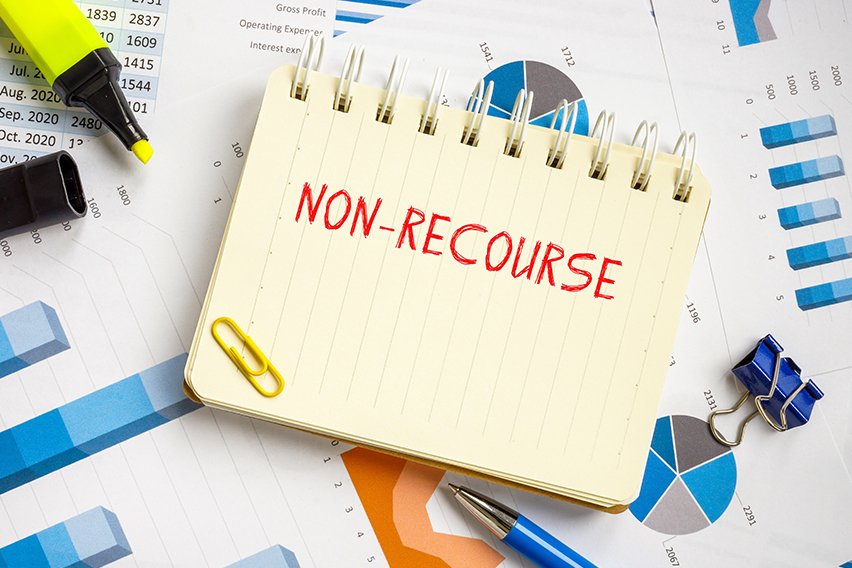 What Is Recourse Debt? Understanding Small Business Loan Types
What Is Recourse Debt? Understanding Small Business Loan Types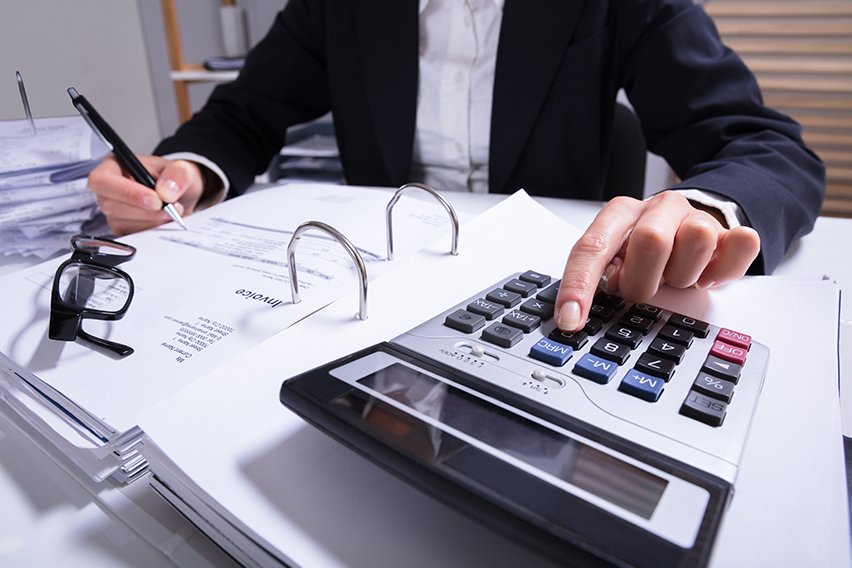 What Is Actual Cost?
What Is Actual Cost? How To Open A Business Bank Account in 6 Easy Steps
How To Open A Business Bank Account in 6 Easy Steps What is Accounts Payable: Definition, Process, and Examples
What is Accounts Payable: Definition, Process, and Examples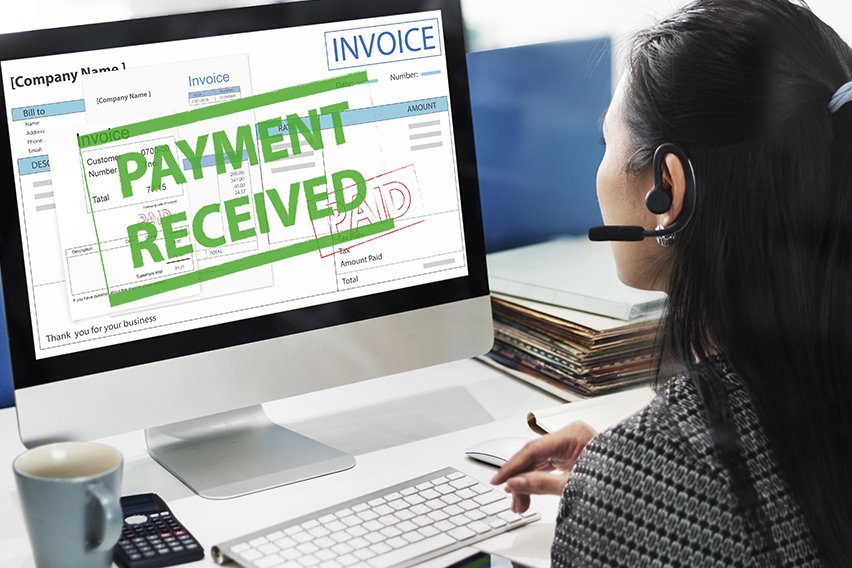 What Is Accounts Receivable?
What Is Accounts Receivable?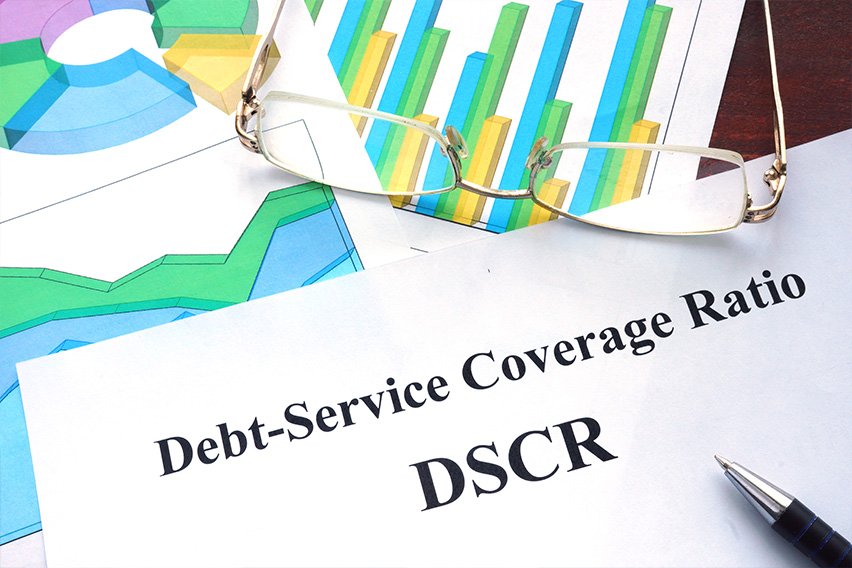 What Is DSCR? It’s Debt Service Coverage Ratio
What Is DSCR? It’s Debt Service Coverage Ratio